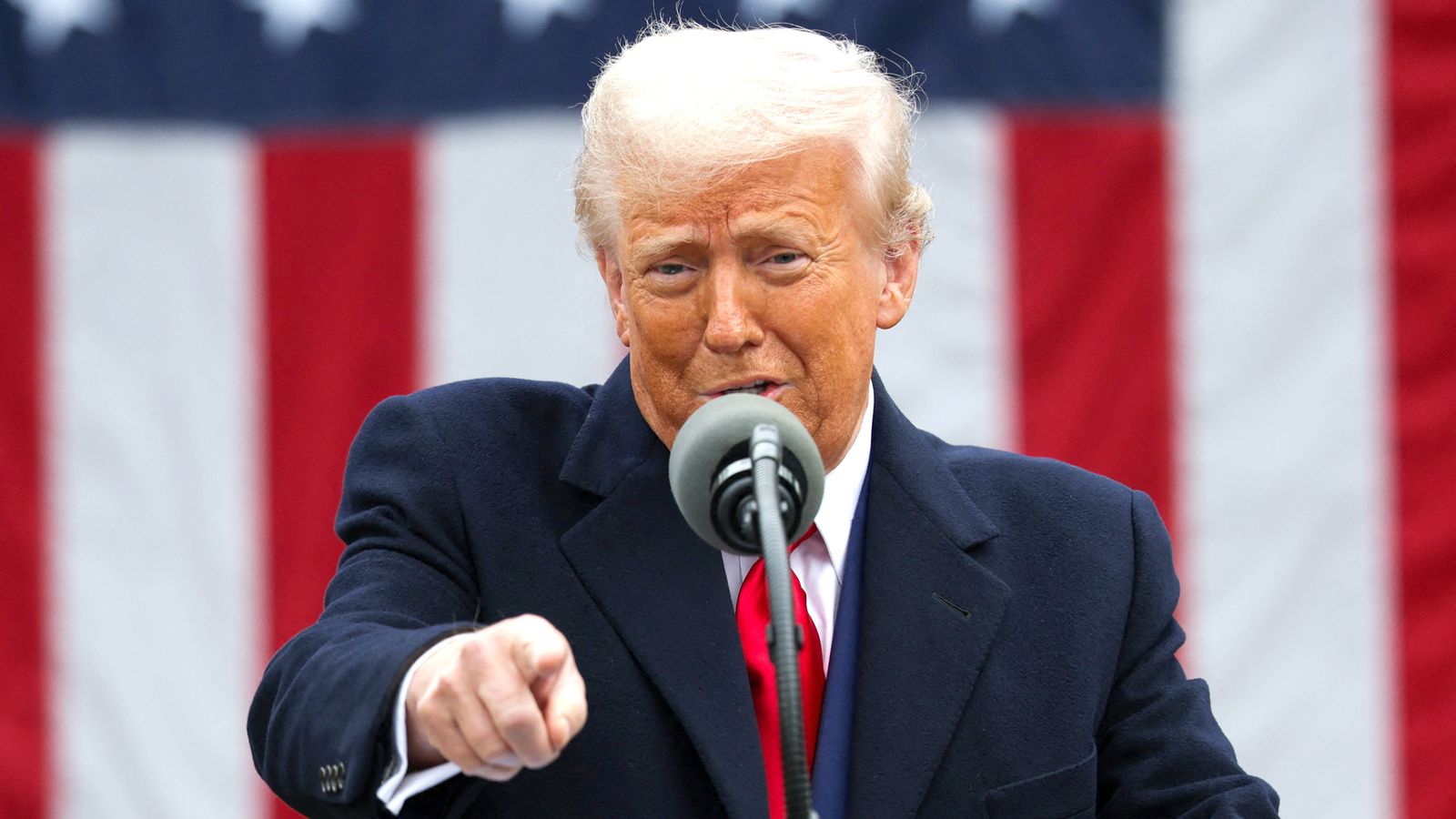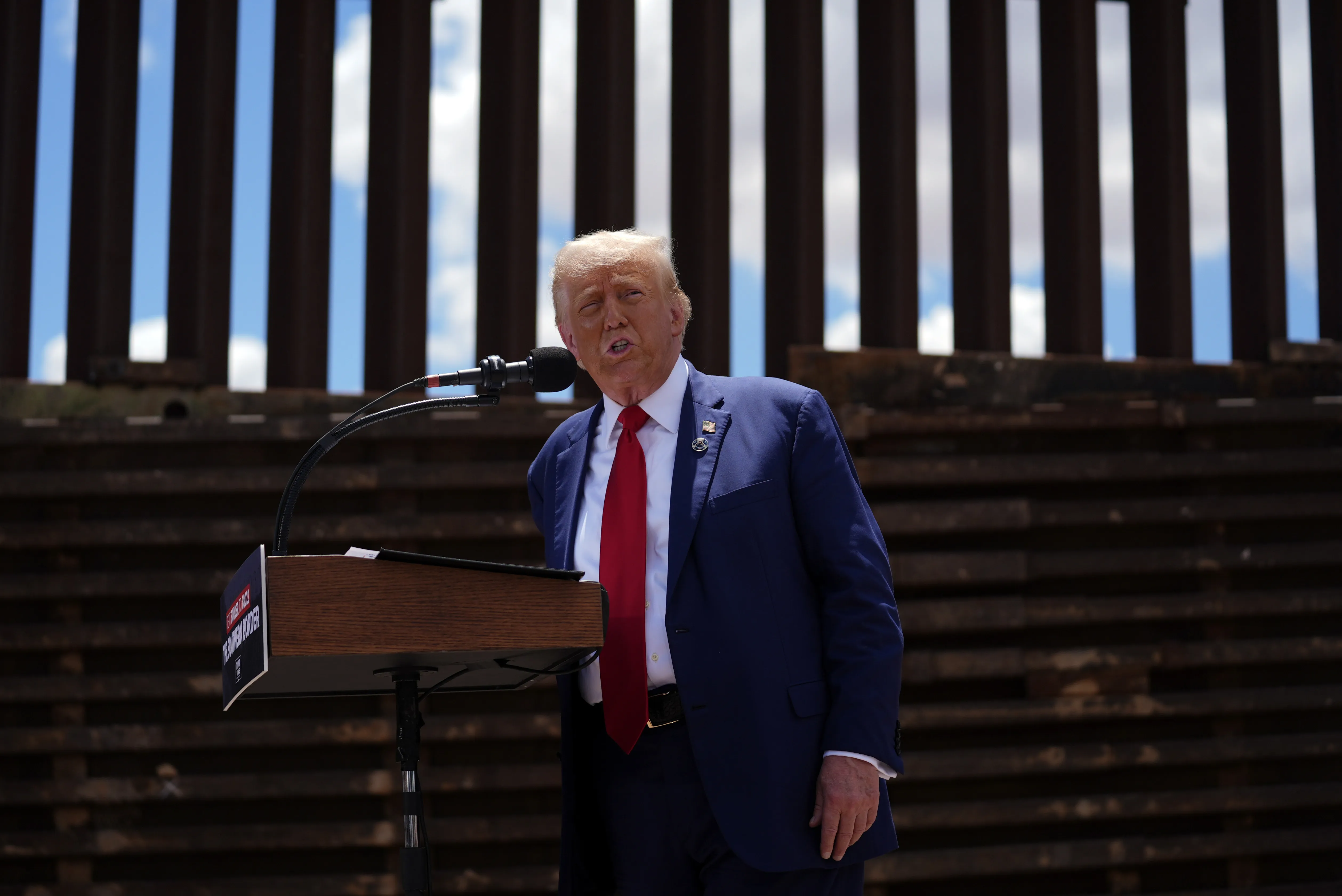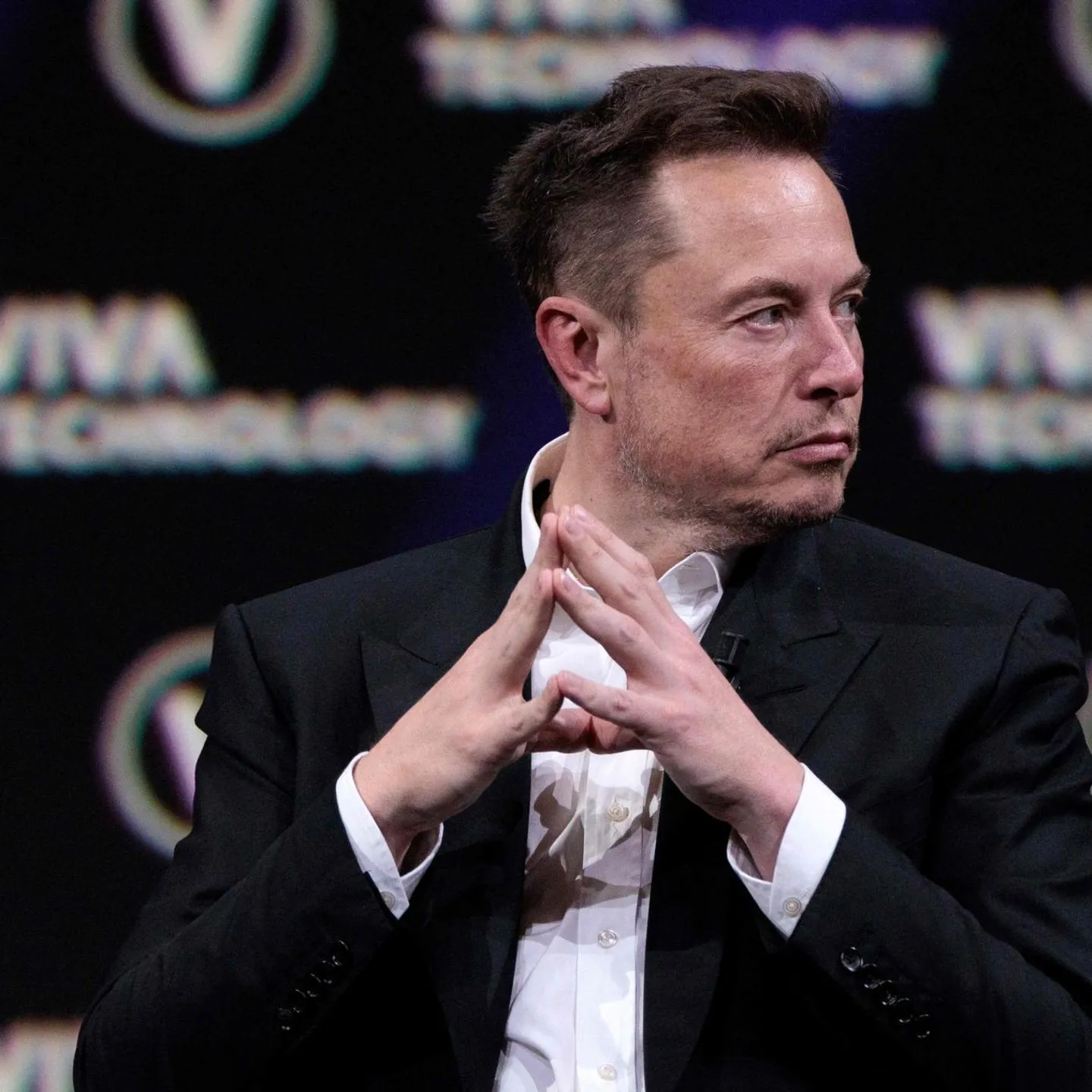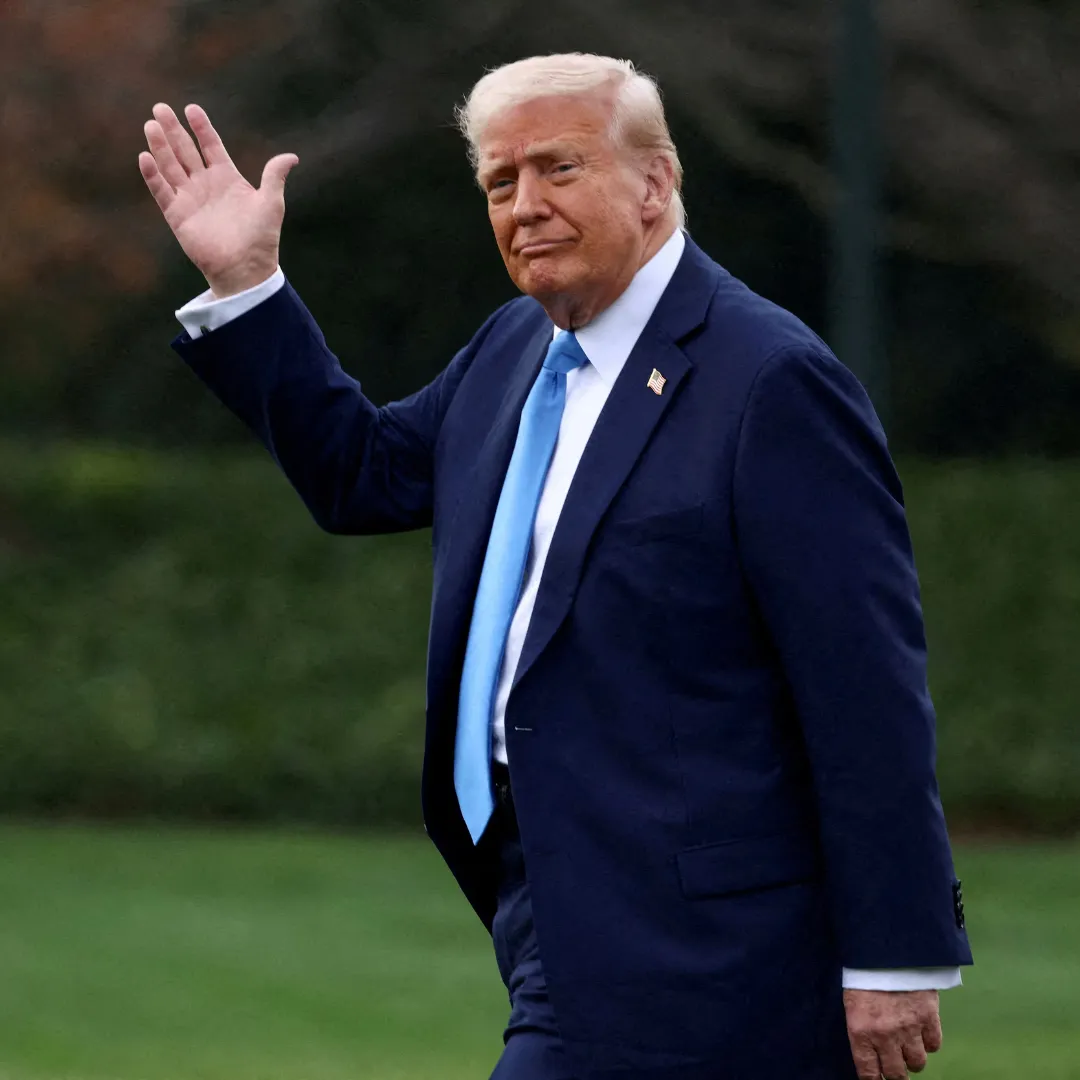President Donald Trump’s tariffs, which he touted as a means to boost American industry, have instead sparked a massive economic collapse, and the fallout is being felt from Wall Street to Main Street.
Musk, Bezos, Zuckerberg — all the billionaires are feeling the pinch, but the real impact is on the working class. As stocks plummet, prices rise, and the economy barrels toward a self-imposed recession, it’s clear that Trump’s tariff policies are not just misguided — they are dangerously out of touch with today’s global economy.
Trump, ever the showman, had always sold his tariffs as a necessary tool to “make America great again.” He promised that imposing tariffs would bring American jobs back home, rebuild manufacturing, and help middle-class families.
Instead, what we are seeing is exactly what critics feared: an economic nightmare that echoes the mistakes of the past — a nightmare that was born of ignorance and stubbornness.
Trump was never shy about his plans. He spoke of tariffs as though they were a magical tool that other presidents had been too cautious to wield. “We’re going to make the best deals,” he promised.
He was going to use tariffs to force foreign countries to play by America’s rules, bring back manufacturing jobs, and restore American greatness. But instead of making America stronger, Trump’s tariffs are doing the opposite.
On Thursday, Trump’s latest tariffs — which he grandiosely referred to as “Liberation Day” — saw a 10 percent baseline tax slapped on imports from nearly every major trading partner.
Some countries faced even higher tariffs, with 34 percent on China, 20 percent on the European Union, 25 percent on South Korea, 24 percent on Japan, and 32 percent on Taiwan.
The announcement sparked immediate chaos in the markets, and for good reason. The tariffs are hitting American businesses hard. While Trump insists that the tariffs are “reciprocal,” designed to balance trade deficits, the reality is that the American economy is being driven off a cliff by policies that have no real basis in modern economics.
The stock market’s reaction to Trump’s tariff announcement was swift and brutal. On Thursday afternoon, the S&P 500 plunged 4.8 percent, marking its worst day since the pandemic-induced crash of 2020.
The Dow Jones Industrial Average dropped a staggering 1,679 points, or 4 percent, while the Nasdaq Composite tumbled 6 percent. No sector was spared. Tech stocks, manufacturing stocks, and even the price of oil all took a nosedive.
For some of the richest people in the world, the news was devastating. Elon Musk, Jeff Bezos, and Mark Zuckerberg each saw their wealth shrink by billions in just a few hours.
Musk alone lost $11 billion, bringing his total losses in 2025 to more than $110 billion. Bezos lost $15.9 billion, while Zuckerberg saw his net worth shrink by $17.9 billion.
The losses of these billionaires, while staggering, are a mere snapshot of the larger crisis. The effects of Trump’s tariffs are hitting every American, from the workers in factories to families trying to buy groceries. The pain is spreading far and wide — and it’s all self-inflicted.
One of the central arguments for these tariffs is that they will revive American manufacturing. Trump and his supporters have sold this idea as a return to the good old days, when factories were bustling, jobs were plentiful, and the middle class was thriving. But in reality, the picture is far less rosy.
The tariffs are based on outdated thinking. They assume that bringing manufacturing jobs back to the U.S. will solve all of the country’s economic woes. But the truth is that the world has changed since the mid-20th century.
Automation, global supply chains, and technology have reshaped the manufacturing landscape.
As Willy Shih, a professor at Harvard Business School, explained in a PBS interview, building factories in the U.S. is not as simple as just bringing jobs back.

“If you bring manufacturing from a lower-cost foreign country to a higher-cost country like the U.S., you have to set up a factory, hire and train a workforce, and bring in suppliers. What’s going to pay for it? Your product cost is going to be higher,” Shih said.
Douglas Irwin, a trade expert at Dartmouth College, echoed that point, noting that even if factories return to the U.S., they will likely be highly automated. “Jobs would probably not follow,” he said.
The reality is that tariffs won’t bring back the manufacturing jobs Trump promised. Instead, they will raise the cost of goods, hurt small businesses, and exacerbate the income inequality that has plagued the U.S. for decades.
Trump’s claims of a “Golden Age” are becoming harder to swallow with each passing day. As food prices rise, layoffs continue to mount, and businesses begin to shutter, it’s becoming clear that the economic pain is being felt by Americans — not just the wealthy elite.
In March, job losses surged by 205 percent compared to the same month the previous year, the third-highest monthly total on record. The auto industry is already feeling the sting, with Stellantis announcing temporary layoffs affecting about 900 workers in Michigan and Indiana.
And more layoffs are likely to follow as companies struggle with the higher costs brought on by Trump’s tariffs.
The pain isn’t just limited to job losses. The cost of living is rising across the country. Groceries are more expensive, with prices climbing due to tariffs on everything from food imports to raw materials.
The American middle class — the very group Trump promised to protect — is now finding itself caught in the crossfire.
For many Republicans, this is exactly what they voted for. They cast their ballots for the “Tariff Man” who promised to shake up the system, make America great again, and punish the rest of the world for its unfair trade practices. But now that the tariffs are in full swing, it’s becoming clear that the promises were hollow.
Trump’s tariffs have led to an economic disaster that has affected everyone from billionaires to everyday workers. Yet, despite the pain, Republicans continue to back Trump’s policies.
Why? Because the party’s priorities have shifted. They’re focused on power, not prosperity for the people. While workers are losing their jobs and their savings, Trump’s allies are rallying behind him, hoping to see some semblance of victory in the form of a political win.
But this is what happens when politicians prioritize power over people. The rich get richer, and the rest of the country suffers.
The GOP may have supported Trump’s tariff policies in the hopes of bringing manufacturing jobs back to the U.S. But those jobs won’t return in any meaningful way.
The tariffs are based on outdated thinking, and they ignore the reality of automation, global supply chains, and the interconnected nature of today’s economy.
Instead of strengthening the American economy, these policies are pushing the U.S. closer to a recession. The global trade war Trump has sparked is already affecting every part of the economy, and we haven’t even seen the worst of it yet.
From rising food prices to job losses and market instability, the pain is only beginning.

The bottom line is this: Trump’s tariffs were never about protecting the American people. They were about maintaining a political agenda that has nothing to do with economic reality. The Republicans who supported these policies should be held accountable for the damage they have caused — both to the American economy and to the American people.






